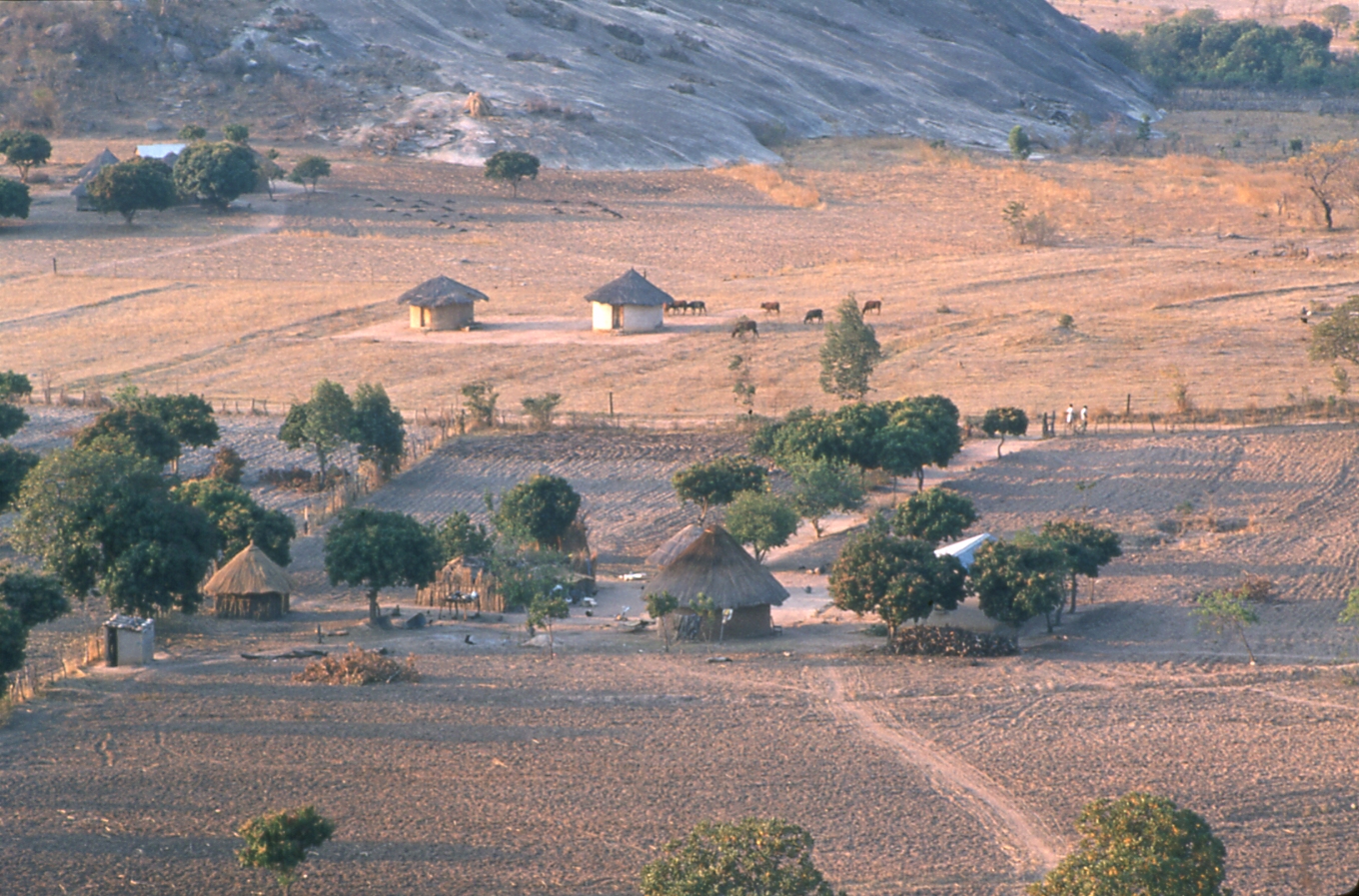UNICEF has launched an urgent appeal for $84.9 million in funding to support essential services for 1.34 million people, including 866,000 children, who are severely affected by the El Niño crisis in Zimbabwe. This appeal is part of a larger, coordinated effort by the United Nations to assist in response to the complex challenges that have intensified due to drought, food shortages, and ongoing public health emergencies like cholera and polio.
The ongoing drought, induced by El Niño, has led to a dire situation in Zimbabwe, particularly affecting children under five, as well as pregnant and lactating women. The lack of water and subsequent food shortages are causing an increase in malnutrition, making children more susceptible to disease and infection. Additionally, the drought has heightened the risk of school dropouts and increased the likelihood of violence, abuse, and exploitation against vulnerable populations.
Dr. Nicholas Alipui, the acting UNICEF Representative in Zimbabwe, emphasized the critical need for a proactive response. "Children's access to clean water and sufficient nutrition is severely compromised, endangering their health and their future. This situation demands a preemptive approach to protect the most vulnerable and prevent a further escalation into tragedy," he stated.
UNICEF's response plan focuses on ensuring continuous access to integrated health services, water, sanitation and hygiene (WASH), nutrition, education, and child protection services. These efforts aim to mitigate the impact of the crisis by reducing child morbidity and mortality, preventing and treating malnutrition, ensuring safe water access, maintaining educational activities, and safeguarding children from harm.
The appeal also includes a component to bolster household resilience to better manage current and future crises. As Dr. Alipui pointed out, "The consequences of the drought are long-term, affecting children's nutrition and overall health well into the next year as household food supplies dwindle."
Continued support from the global community, particularly in funding, will be crucial for sustaining these life-saving interventions and supporting Zimbabwe's recovery from this protracted emergency. UNICEF urges donors to respond generously to this call for assistance to secure a healthier and safer future for Zimbabwe's children and their families.











